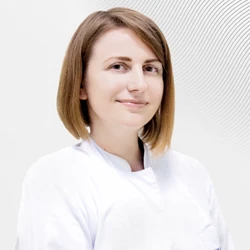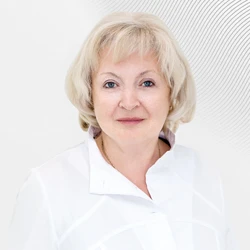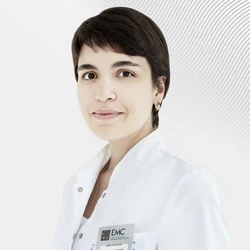Cardiovascular surgery
Cardiovascular diseases are the most common cause of death and disability worldwide. Timely detection and high-quality treatment of heart and vascular diseases prolongs the life of patients and improves its quality. The doctors of the EMC Heart and Vascular Clinic use advanced diagnostic and treatment methods to perform the most complex types of surgical intervention on the heart and blood vessels of any localization.
What is cardiovascular surgery
Cardiovascular surgery is a complex concept that covers various types of surgical interventions on the heart, arteries and veins using traditional open access or innovative minimally invasive endovascular techniques. Surgical intervention is indicated for various pathological conditions:
- Valvular heart pathology is degenerative changes in the heart valves that require their replacement during open surgery or using transcatheter technology (TAVI, MitralClip, etc.).
- Congenital malformations of the heart and major vessels in adults and children requiring surgical correction by an open method or endovascular (implantation of an occluder into septal defects, closure of an open arterial duct, treatment of aortic coarctation).
- Coronary artery pathology is atherosclerotic lesions of the coronary vessels of the heart that require open surgery — direct myocardial revascularization, or endovascular removal by stenting and PTCA, including in an emergency with the development of acute coronary syndrome (ACS) in the patient.
- Cardiac arrhythmias and conduction disorders. Invasive arrhythmology helps to rid the patient of arrhythmias, including life-threatening ones (RF and cryoisolation of the pulmonary veins), its part is the implantation of devices: pacemakers, cardioverter defibrillators, resynchronizing devices, modulators of cardiac contractility, subcutaneous defibrillators, implantable heart monitors.
- Lesions of the main vessels are atherosclerotic lesions of the aorta and its large branches in the form of stenoses, aneurysms, dissections (dissections), requiring open surgical or endovascular removal, including emergency (implantation of stent grafts in all parts of the aorta and main vessels).
- Damage to peripheral arteries. This group of diseases includes obliterating
- Varicose veins of the lower extremities. It occurs in one in three women and one in five men and leads to a significant decrease in the quality of life and life-threatening complications (venous thrombosis, pulmonary embolism - PE), as well as cosmetic defects. Modern minimally invasive treatment makes it possible to get rid of this problem in a short time.
Consultation with a cardiologist, vascular or endovascular surgeon is recommended if the following symptoms occur:
-
chest pain (behind the sternum) that occurs during physical exertion, radiating to the left arm, under the shoulder blade, in the lower jaw;
-
intermittent chest pain, rare or rapid pulse, especially accompanied by dizziness or loss of consciousness;
-
dizziness, fainting, headaches;
-
a sharp decrease in the tolerance of physical activity, the inability to perform the usual load;
-
abdominal pain after exclusion of acute surgical pathology;
-
numbness or weakness in the extremities, pain in the calf muscles when walking;
-
soreness, heaviness in the legs, which increases in the evening;
-
the appearance of vascular asterisks or abnormally dilated, protruding veins;
-
the appearance of long-term non-healing wounds or trophic ulcers on the lower extremities.
Treatment methods in vascular surgery
The choice of treatment method for patients with cardiovascular pathology depends on the general condition of the patient, the type of pathological process, its localization and the urgency of the indications. Most often, operations such as:
-
Transcatheter heart valve replacement is a method of endovascular prosthetics of heart valves using a special prosthesis mounted on a folded delivery device.
-
Stent graft implantation is an endovascular procedure for the installation of a special stent coated with an insulating material that allows the aneurysm cavity to be shut off from the bloodstream, thereby preventing the catastrophic consequences of its rupture.
-
The implantation of a pacemaker is a low—trauma intervention performed under local anesthesia, which includes the installation of an artificial pacemaker to eliminate a rare pulse and pauses in the work of the heart.
-
Cardioverter-defibrillator implantation is a low—trauma intervention performed under local anesthesia, including the installation of an artificial pacemaker in combination with a defibrillator that automatically recognizes emerging life-threatening conditions arrhythmias and their relief.
-
Implantation of a cardioresynchronizing device is a low—trauma intervention performed under local anesthesia, including the installation of an artificial pacemaker that stimulates both ventricles of the heart, thereby eliminating the phenomena of heart failure.
-
Cryoisolation of the pulmonary veins is a minimally invasive procedure aimed at eliminating attacks of rhythm disturbances that occur in the arrhythmogenic zones of the pulmonary veins by cold exposure to them with a special balloon catheter.
-
Electrophysiological examination and 3D mapping of the heart is a minimally invasive diagnostic procedure aimed at identifying functioning active or hidden arrhythmogenic zones in the heart.
-
The installation of occluders in the heart is a low—traumatic endovascular procedure aimed at eliminating functioning pathological joints and defects in the heart's septa with special mesh occluder devices.
-
Phlebological (venous) minimally invasive interventions are represented by laser coagulation and/or radiofrequency obliteration of varicose veins, ultrasound-controlled sclerotherapy of varicose veins, microsclerotherapy, percutaneous laser coagulation of "vascular asterisks" and reticular veins.
The EMC clinic uses the latest minimally invasive treatment methods and the most modern consumables from leading manufacturers in Europe and the USA. Preferences are given to implantable devices of the latest generation, which allow MRI to be performed in patients after implantation of all areas of the body without exception. The presence of a 3D navigation system with high-density mapping makes it possible to identify and eliminate the recurrence of arrhythmias that occur after performed interventions (cryo or RF) in other hospitals that do not have such capabilities.
Advantages of Cardiovascular Surgery at the EMC Heart and Vascular Clinic
- Highly qualified experienced doctors. The doctors of our clinic are recognized authorities in Russian scientific societies and are members of leading specialized international associations. The EMC Heart and Vascular Clinic is attended and treated by professors, doctors and candidates of medical sciences with many years of professional experience.
- Modern equipment. Our doctors have at their disposal diagnostic and therapeutic equipment of the latest generation, including the Siemens Artis Zee biplane system, the Carto 3 non-fluoroscopic 3-D navigation system with the SmartAblate system, the PRUKA EFI station, the CryoConsole Medtronic cryoconsole.
- The clinic performs the full range of modern minimally invasive interventions for varicose and postthrombophlebitic diseases — endovenous laser coagulation, radiofrequency ablation of VNUS Closure Fast, VenoSeal adhesive closure of veins, various variants of miniflebectomy, varicose vein sclerotherapy under ultrasound control. Much attention is paid to aesthetic phlebology – various microsclerotherapy techniques and percutaneous laser coagulation on the Cutera platform are used.
- Operations of any complexity. Surgeons at the Heart and Vascular Clinic use the latest achievements of Russian and world medical science to treat the most severe heart and vascular pathologies of any localization.
- Specialized divisions. The EMC Heart and Vascular Clinic conducts examinations of the cardiovascular system to diagnose all types of cardiovascular pathologies at clinical and preclinical stages.
- A high-comfort hospital. Patients are accommodated in comfortable 1-2-bed rooms with individual meals and round-the-clock supervision of medical staff.
Make an appointment for a consultation and we will contact you for more details
Why the EMC
The first and only clinic in Russia, created in the image of the world's leading clinics
EMC is a multidisciplinary center offering patients a high level of medical services and a personalized approach
Worldwide recognition and awards
 Learn more
Learn more
Worldwide recognition and awards
 Certificates and licenses
Certificates and licenses
.webp)
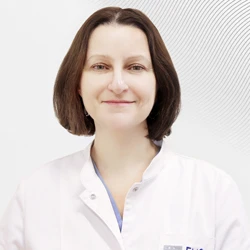

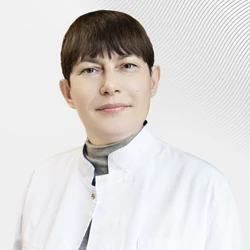
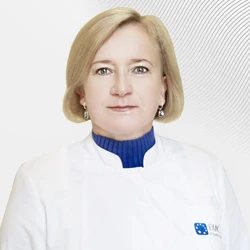
.webp)
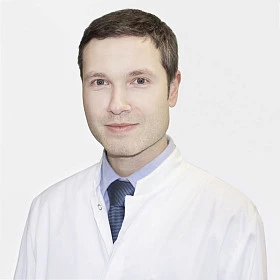
.webp)
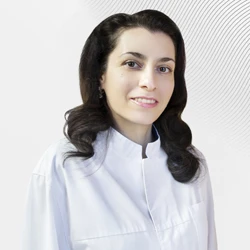
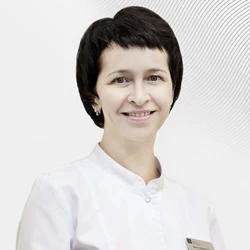
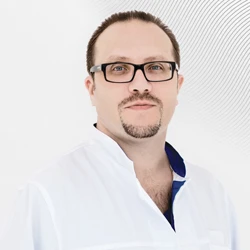
.webp)
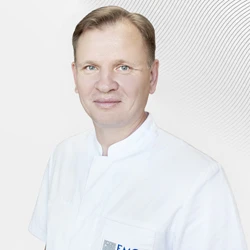

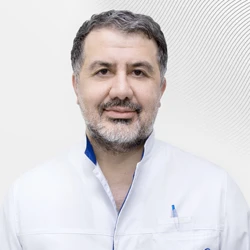
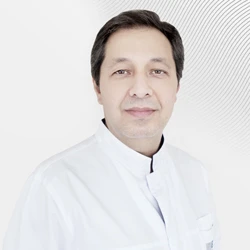
.webp)
